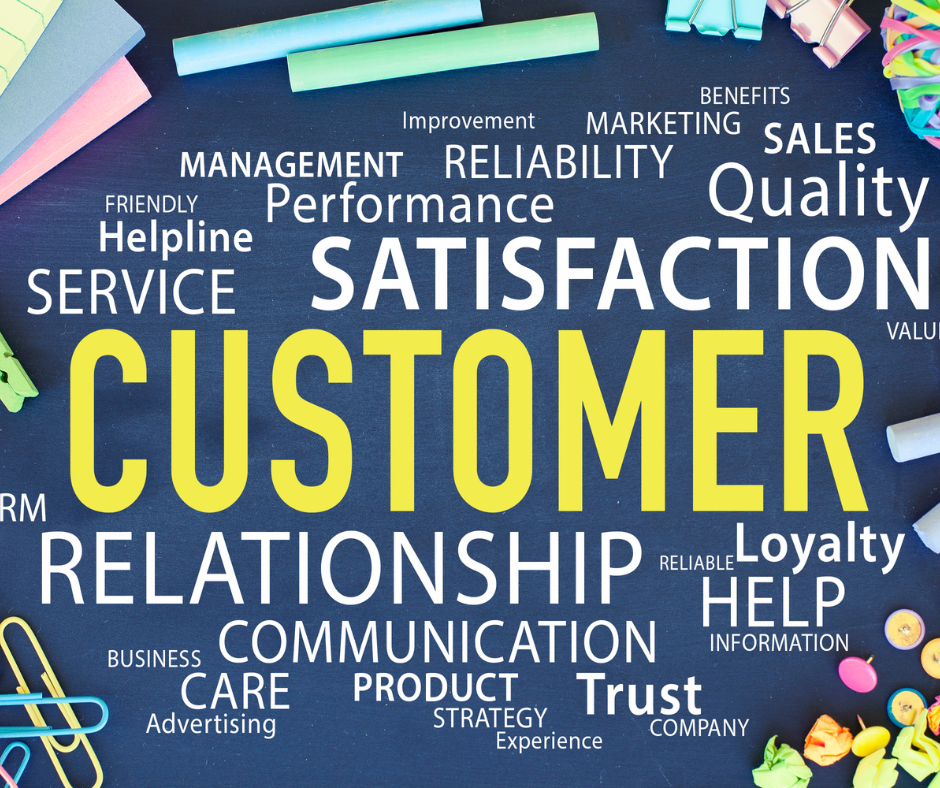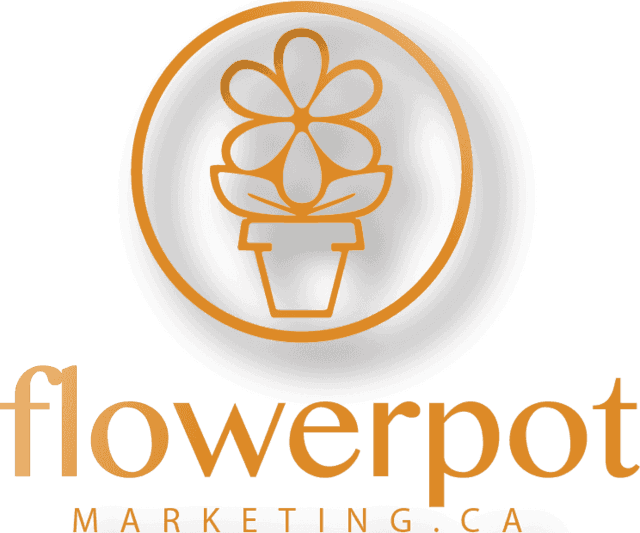By: Melissa Barlock
"Your most unhappy customers are your greatest source of learning". Bill Gates

Customer feedback is often viewed as a double-edged sword. While positive reviews can boost morale and instill a sense of accomplishment, negative feedback can be a tough pill to swallow. However, Bill Gates, the co-founder of Microsoft and one of the most influential figures in the tech industry, has a different perspective on this matter.
"Your most unhappy customers are your greatest source of learning." - Bill Gates
These words carry profound wisdom for entrepreneurs, business owners, and anyone seeking success in their endeavors. Let's unpack this insightful quote and explore why embracing unhappy customers can lead to valuable lessons.
1. Unhappy Customers Reflect Real Issues
When a customer expresses dissatisfaction, they're often highlighting a genuine problem or concern with your product or service. Their feedback serves as a direct window into areas that need improvement. By listening to their grievances, you can identify weaknesses, bottlenecks, or issues that might have otherwise gone unnoticed.
2. Feedback Sparks Innovation
Innovation thrives on challenges. Unhappy customers challenge your business to innovate and find solutions. By addressing their concerns and working to improve their experience, you not only retain these customers but also enhance your offerings for all customers, making your business more competitive.
3. It Builds Customer Trust
Acknowledging and responding positively to negative feedback demonstrates your commitment to customer satisfaction and your willingness to make amends. This builds trust and loyalty. Often, customers who've had their issues resolved become some of your most ardent supporters.
4. Continuous Improvement
Bill Gates' quote reminds us that learning and growth are ongoing processes. By actively seeking and embracing feedback, you can continually refine your products, services, and processes. This dedication to improvement sets the stage for long-term success.
5. Competitive Advantage
In a crowded marketplace, a business that actively listens to and learns from its unhappy customers gains a significant competitive advantage. It can adapt swiftly, stay ahead of evolving customer expectations, and maintain a reputation for excellence.
Bill Gates' words remind us that negative feedback isn't something to fear or avoid but rather a valuable resource for growth and improvement. Embrace it, learn from it, and use it to evolve your business into something even better. Your most unhappy customers can become your greatest allies on the path to success.
Get ready to supercharge your dental career! 🚀
Are you loving our blogposts? Brace yourself for an exciting announcement – we're about to unleash not one, but two game-changing books that will revolutionize your dental journey.
📚 Book 1: The Dental Edge: Attract, Engage and Retain Top Talent
Discover the secrets to mastermind your dental business strategy, magnetize top talent, and keep them coming back for more. Your path to dental practice supremacy starts here!
📚 Book 2: The Dental Edge: Stand Out & Create a Thriving Career You Love
Unlock the keys to stand out in the world of dental professions and ignite a flourishing career you're absolutely passionate about. This is your opportunity to soar in your dental dream!
Don't miss out on being among the first to grab these transformative books on Amazon! Click the link below and stay in the loop to get your FREE pdf and to get notified when these two game changing books are available for purchase!
Click here! www.EnspireOpportunities.com
Enspire Dental Opportunities is looking forward to working with you.












